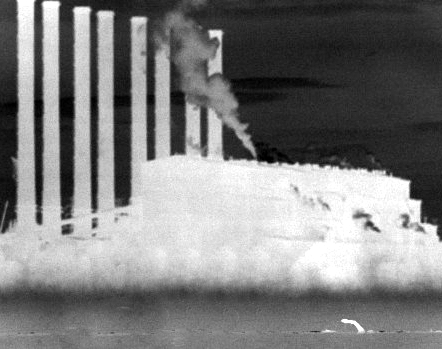Fossils creep into green remit
 The Federal Government is looking to allow its clean energy agencies to fund carbon capture and storage from fossil fuel projects.
The Federal Government is looking to allow its clean energy agencies to fund carbon capture and storage from fossil fuel projects.
Energy and Emissions Reduction Minister Angus Taylor has accepted 21 of the 26 recommendations from an independent panel reviewing the $2 billion Emissions Reduction Fund.
He agreed to take on all recommendations relating to carbon capture and storage. The full report and the government’s response are accessible here.
The review panel, chaired by former Business Council of Australia president Grant King, said private investors may be more interested in the Emissions Reduction Fund if legislation is changed to “enable a method to be developed for carbon capture and storage”.
Mr King’s report also called for an “expanded, technology-neutral remit” for the Clean Energy Finance Corp (CEFC) and the Australian Renewable Energy Agency. The panel believes this too could attract more private investment in technologies outside renewables, such as coal or gas-fired power incorporating carbon capture and storage.
It would be a big change to the agencies’ remit, which were created to promote the development of renewable energy sources.
‘Carbon capture and storage’ (CCS) is a largely theoretical process of capturing carbon dioxide from industrial processes and transporting for safe, long-term storage deep underground.
No CCS project has been successfully implemented on a commercial basis.
But still, Mr Taylor says the government is keen.
“The government will target dollar-for-dollar co-investment from the private sector and other levels of government to drive at least $4 billion of investment that will reduce emissions across Australia,” he said.
The $2.5 billion Climate Solutions Fund was set up in 2015 under the Abbott government after scrapping a previous carbon tax.
It pays polluters to use ‘cleaner’ technologies, and funds carbon capture through tree planting, soil carbon sequestration on farms, energy efficient systems in commercial properties, and methane capture from landfill and waste management.
The King report says that about 95 per cent of contracts issued by the Climate Solutions Fund have been issued to waste management and tree and vegetation growth. It recommends changes to the fund so that it includes public-private investment to develop an accreditation scheme for soil carbon capture, where farmers increase the organic material in their arable land.
The government is also expected to seek legal changes to allow the CEFC’s $1 billion Grid Reliability Fund to invest in new gas, hydrogen and coal projects relying on carbon capture.








 Print
Print